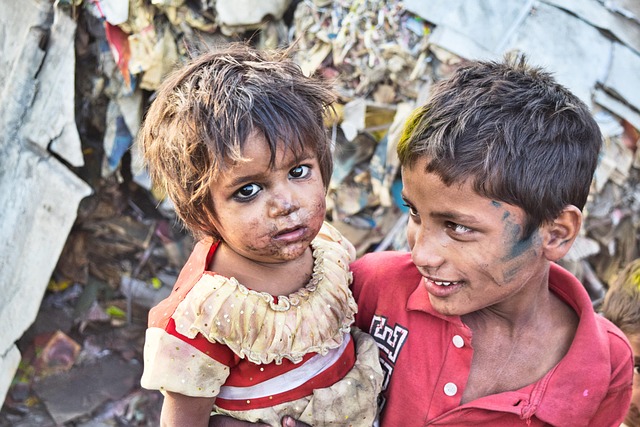Poverty is a multifaceted issue that stretches far beyond mere economic deprivation; its effects can be felt in diverse areas, including our environment. One alarming consequence of poverty is its direct correlation with deforestation. Throughout the globe, impoverished communities often rely heavily on forest resources for survival. This dependency not only jeopardizes their immediate environment but also has wider implications for climate change.
In many developing regions, individuals facing poverty resort to illegal logging and land clearing as a means to cultivate crops or harvest timber for income. Such practices radically disrupt local ecosystems. As trees are felled, biodiversity suffers, and the critical function of forests as carbon sinks diminishes. Forests absorb carbon dioxide, a primary greenhouse gas that drives climate change. When these trees are cut down, stored carbon is released back into the atmosphere, exacerbating global warming and severely impacting climate stability.
The cyclical nature of poverty and deforestation is deeply troubling. As forests are depleted, soil erosion increases and water cycles are disrupted, further impoverishing communities. This degradation sets off a chain reaction that primarily affects the most vulnerable populations who rely on the forest for their livelihood. It can displace communities, reduce food security, and diminish access to clean water, creating an even more dire situation.
Moreover, the scramble for resources leads to a range of conflicts, often igniting tensions between indigenous rights and economic development. The desperation that comes from poverty can motivate individuals to engage in unsustainable practices, prioritizing short-term survival over long-term ecological and environmental health. This mindset, while understandable, does not recognize the essential role that forest conservation plays in mitigating climate change and protecting habitats.
Efforts to tackle deforestation must take a holistic view that includes addressing the root causes of poverty. Sustainable development initiatives should be aimed at empowering communities, offering alternative livelihoods that do not rely on forest destruction. Education, access to technology, and sustainable agricultural practices can create pathways for communities to thrive without sacrificing the environment that sustains them.
Engaging local populations in conservation efforts can also lead to innovative solutions that protect forests while improving economic opportunities. Community-based forestry programs, for instance, can provide the necessary resources and knowledge to promote sustainable harvesting methods and responsible land-use practices. By investing in such initiatives, we can not only alleviate poverty but also foster a healthier planet.
Ultimately, the intersection of poverty, deforestation, and climate change is a complex challenge that demands a concerted effort—a recognition that protecting the environment is intrinsically linked to social justice. As we move forward, understanding the impact of poverty on deforestation will remain critical in crafting solutions that benefit both people and the planet.




